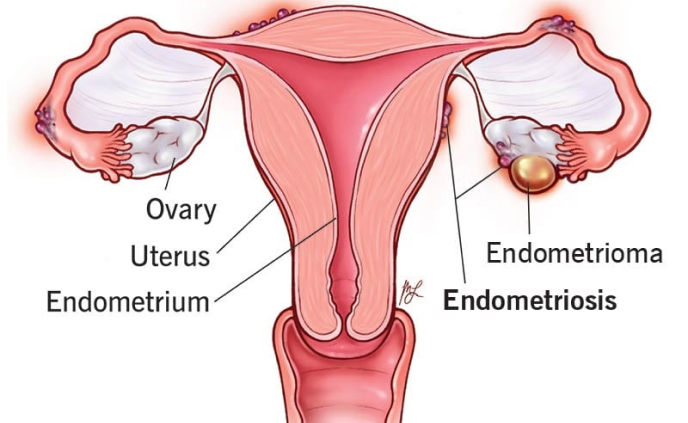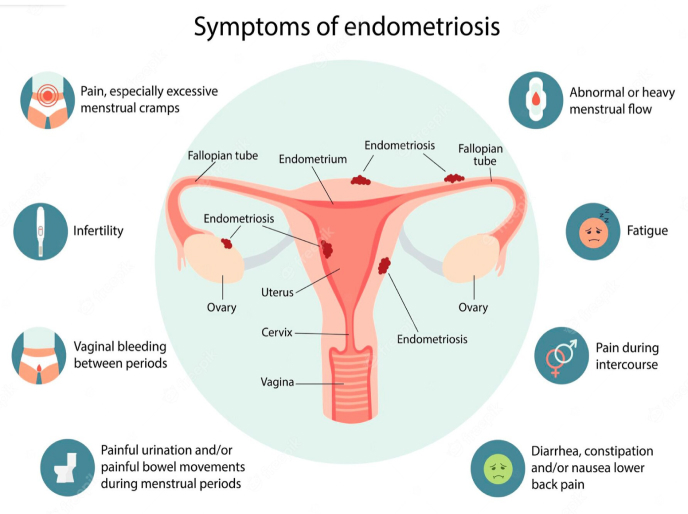Rectovaginal Endometriosis
Explore more services
Rectovaginal Endometriotisis in conjunction with a Fertility Specialist
Rectovaginal endometriosis is a medical condition that occurs when tissue similar to the one that lines the uterus, called endometrial tissue, begins to grow and accumulate in other parts of the abdomen and pelvis like the vagina, rectum and other nearby tissues. Rectovaginal endometriosis can interfere with bowel functioning.
During your menstrual cycle, this tissue responds well to hormones, just as it does in your uterus. However, because it is outside the uterus, in the wrong place, it can affect other organs and trigger inflammation and cause scarring. Rectovaginal endometriosis may affect other organs, including the large bowel, diaphragm, ovaries, small bowel and the vagina.

Causes
The exact cause of rectovaginal endometriosis is unknown, but there are few theories as to what causes rectovaginal endometriosis. The most common theory is backward menstrual blood flow, a condition known as retrograde menstruation. During menstrual periods, blood and tissue flow backwards through the fallopian tubes to the pelvis then out the body. This flow can deposit endometrium-like tissue to other parts of the pelvis and abdomen.
Surgical Treatment
Surgical treatment of rectovaginal endometriosis depends on whether you wish to become pregnant in the future. Conservative surgery may be performed, where the surgeon removes the endometriosis but leaves the uterus and ovaries in place. Surgery is done mainly laparoscopically.


Causes
The exact cause of rectovaginal endometriosis is unknown, but there are few theories as to what causes rectovaginal endometriosis. The most common theory is backward menstrual blood flow, a condition known as retrograde menstruation. During menstrual periods, blood and tissue flow backwards through the fallopian tubes to the pelvis then out the body. This flow can deposit endometrium-like tissue to other parts of the pelvis and abdomen.
Surgical Treatment
Surgical treatment of rectovaginal endometriosis depends on whether you wish to become pregnant in the future. Conservative surgery may be performed, where the surgeon removes the endometriosis but leaves the uterus and ovaries in place. Surgery is done mainly laparoscopically.








